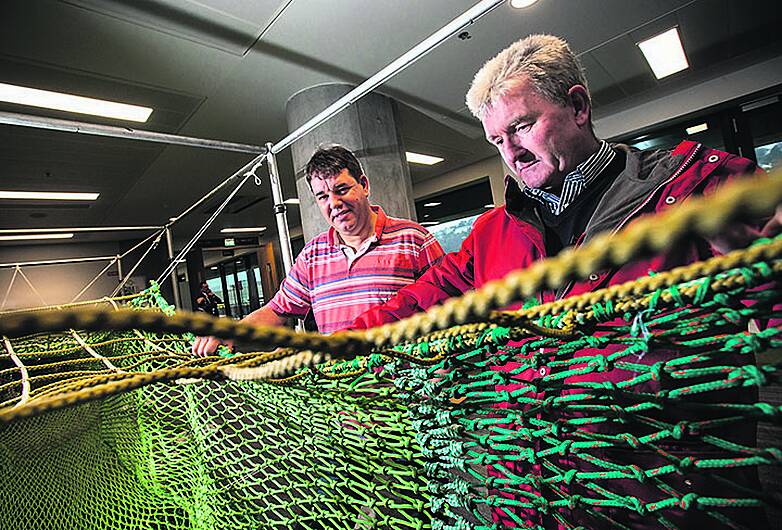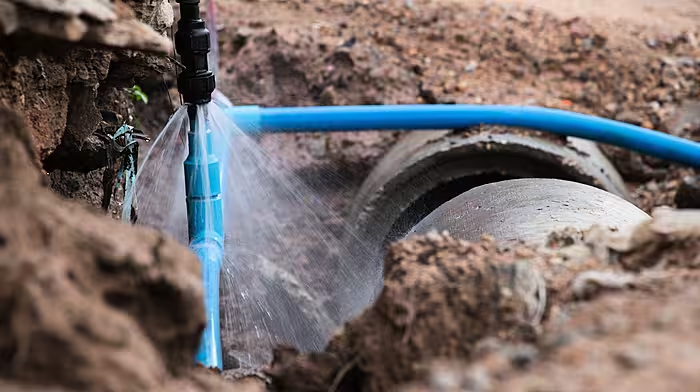Over 100 participants from the seafood sector attended BIM's seminar on the EU Commission's Landing Obligation in Páirc Uí Chaoimh.
OVER 100 participants from the seafood sector attended BIM’s seminar on the EU Commission’s Landing Obligation in Páirc Uí Chaoimh.
The Landing Obligation aims to reduce the levels of unwanted catches, the fish species that unintentionally end up in fishermens’ nets.
As the Obligation requires all caught fish to be counted against quotas, including unwanted species, its introduction represents a radical change in fisheries management to encourage more selective fishing procedures.
BIM CEO Jim O’Toole said it represented a ‘major paradigm shift’ in the history of EU ï¬sheries management with potentially far-reaching consequences.
‘Considerable efforts have been dedicated in recent years to understand these consequences and address the many questions surrounding the implementation of this new policy,’ he said.
The seminar sought to inform attendees on the new rules and the exemptions that will apply from January 1st when the Landing Obligation will come fully into force.
It also highlighted the need for greater monitoring and recording of catches and new policy initiatives designed to ease implementation. Issues around the handling and storage of unwanted catches of small fish that have to be landed under the Landing Obligation as well as potential uses for these catches were also discussed.
The last part of the seminar showcased available technical and innovative solutions to help fishermen adapt. Two significant technical developments to addressing the challenge for fishermen will be more selective fishing gear and the avoidance of areas with high concentrations of small fish.
Dr Ronán Cosgrove of BIM said the body has been trialling new selective fishing gear which can reduce unwanted catches significantly in anticipation of the challenges that the Landing Obligation will bring. Underwater footage of BIM’s new gear ‘in action’ and models of selective gear were available to view and fishermen who trialled it spoke very positively of their own experiences using it.
At the conference the Marine Institute discussed mapping of areas with high concentrations of undersized fish, as well as the planned introduction of a new app for fishermen which would identify these areas.
The Department of Agriculture, Food & the Marine (DAFM) discussed the exemptions that apply to the new Obligation while the Sea Fisheries Protection Authority (SFPA) outlined how it intends to monitor catches in 2019.
The Landing Obligation was agreed as part of the reform of the Common Fisheries Policy (CFP) in 2013.
It has been introduced on a phased basis since January 2015 when pelagic fisheries (mackerel and herring) were first targeted. This extended to include demersal fisheries (cod, whiting, haddock, plaice and hake) in 2018. In January 2019 all fisheries will be included.








